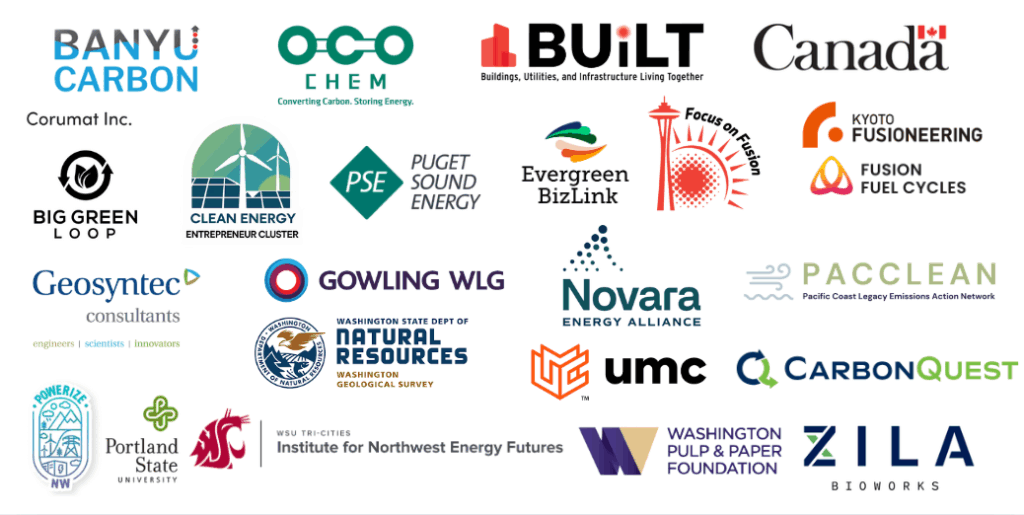
Learn more about the 2025 CleanTech Innovation Showcase and check out our full event agenda.
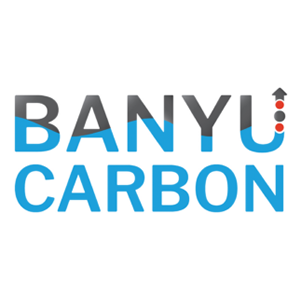
Banyu Carbon: Banyu Carbon is developing a low-energy carbon capture process that uses light as its major source of energy. The easy-to measure stream of CO2 that we produce can be geologically stored to provide permanent high-quality carbon removal credits or the CO2 can be used as a feedstock for green chemicals like synthetic fuels. Banyu Carbon has secured a first set of customers through a Frontier Pre-Purchase agreement.

The BUILT Cluster Untapped Thermal Energy (UTE) Working Group – King County Wastewater Treatment Division – The Buildings, Utilities, and Infrastructure Living Together – or the BUILT Cluster leverages Washington State’s social and intellectual capital to accelerate, scale, and replicate sustainable and innovative planning, design, and construction practices/technologies. We work together to transform the built environment equitably and decarbonize related infrastructure materials and operations while continuously improving environmental justice.
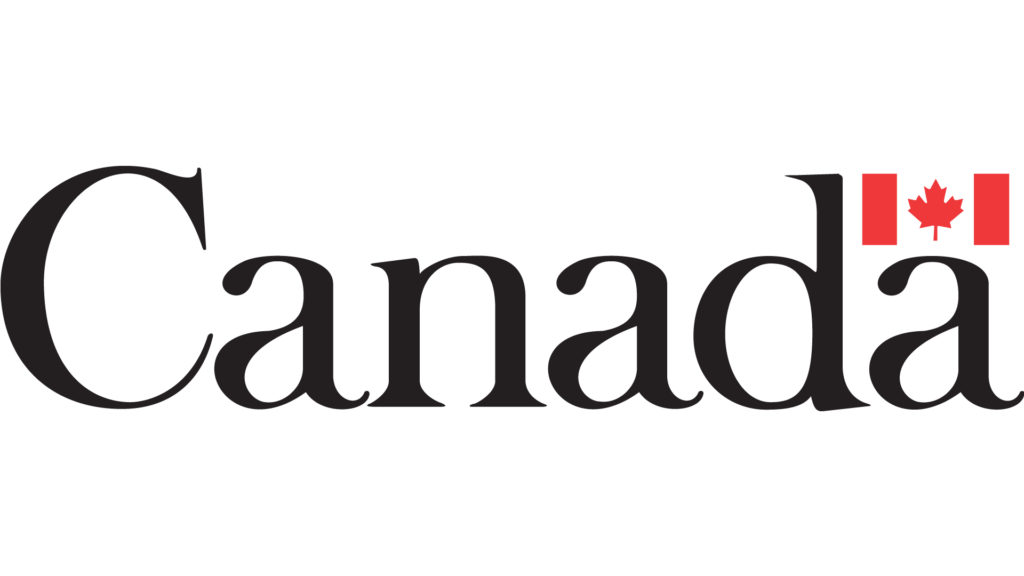
Consulate General of Canada in Seattle: The International Business Division at the Consulate General of Canada in Seattle helps foster cross-border business ties between Canada and the U.S. states of Oregon, Washington, Idaho, and Alaska.

CarbonQuest: CarbonQuest’s mission is to provide advanced decarbonization technologies and solutions for the distributed built environment.

The Clean Energy Entrepreneur Cluster is a collaborative initiative led by E8 Angels, CleanTech Alliance, Washington Clean Energy Testbeds, and Latino Founders focused on accelerating early-stage clean energy innovation. The cluster supports entrepreneurs bringing promising climate technologies to market, with a special emphasis on reducing greenhouse gas emissions in overburdened communities. It provides targeted training, mentorship, and investor access to help startups and community-based entrepreneurs develop business strategies, technical solutions, and deployment plans. With broad relevance across sectors—from green hydrogen to maritime and infrastructure decarbonization—the cluster plays a foundational role in advancing the clean energy economy across Washington and beyond.

Corumat Inc. is a materials science startup working to decarbonize the packaging and waste industries. The team has developed plant- and waste-based packaging that is cost-competitive with petroleum-based (plastic) packaging and can be composted with food waste. At scale, this holistic solution for packaging and food waste could eliminate over 5% of climate change. The team has an operational pilot line, partially commissioned commercial-scale equipment in a 60,000-square-foot facility in Yakima, and a full polymer science lab and pilot manufacturing facility in Berkley provided by the USDA-ARS. The team has received over $5M in funding from the EPA, National Science Foundation, USDA, Washington Commerce Cleantech Fund, and BIRD Foundation.

Evergreen Bizlink: Evergreen BizLink is a supportive platform that connects entrepreneurs to a network of Washington State resource partners to foster innovation, growth, and prosperity. Powered by the Washington State Microenterprise Association (WSMA), in collaboration with the WA State Department of Commerce, the founding partners of Evergreen BizLink include the Small Business Administration

Gowling WGL is a sector-focused, international law firm that believes that legal matters are people matters and it takes closer relationships between people and teams to get to the best results, in the right way.
It used to be that good lawyering was mostly about knowing the law and delivering sound opinions. Today, businesses need more and demand more.
We know our clients want legal advisers by their side, anticipating what’s ahead and creating positive experiences for their teams. They want to work with others who share their values and do business responsibly.
We take on the new realities of business in a positive and proactive way, invest in the result, and care about how we get there.
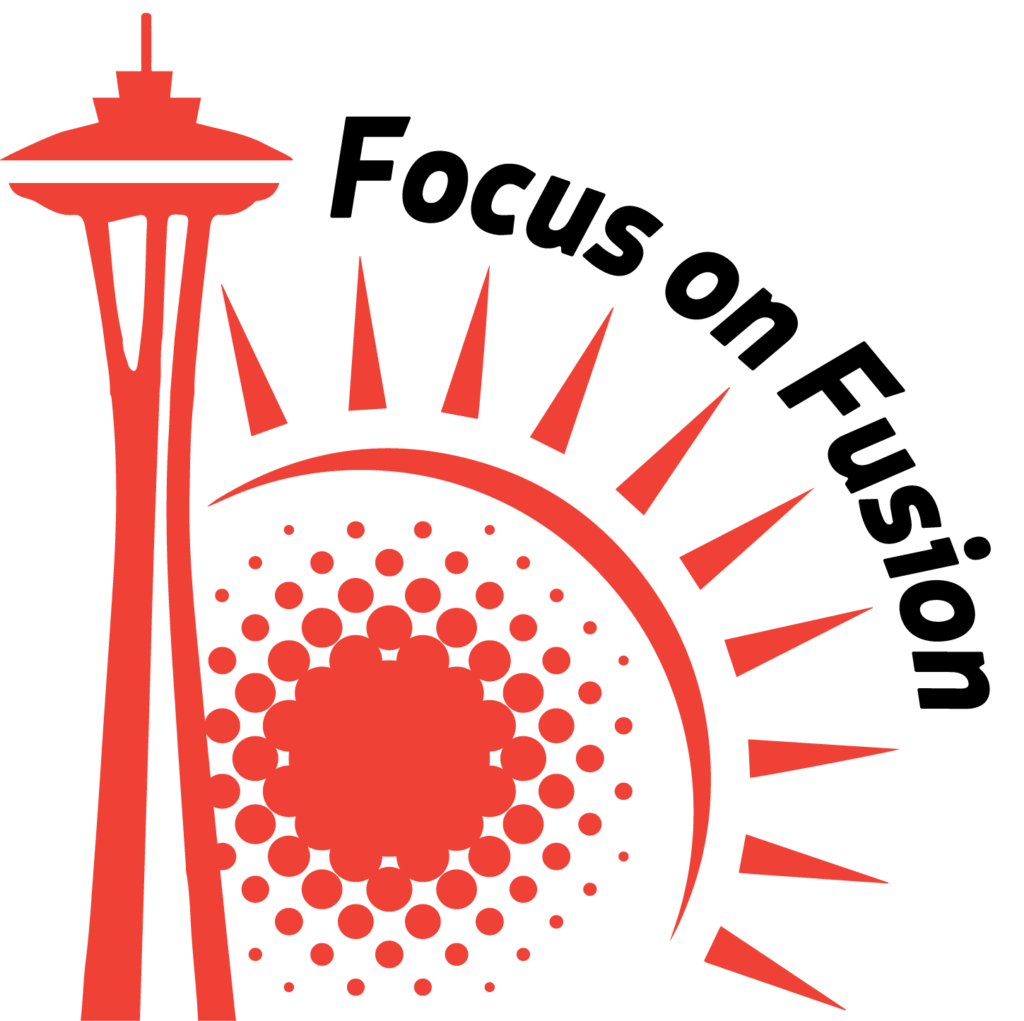
The Focus on Fusion Cluster is a consortium of the fusion energy companies and surrounding ecosystem that aims to overcome common industry challenges.
This multi-pronged innovation cluster seeks to raise the profile and competitiveness of the fusion energy industry through key collaborations in areas such as supply chain, regulatory hurdles, workforce development, and community benefits and engagement.
Our mission is to increase competitiveness and actively demonstrate the benefits of industry co-location in the state of Washington and the region.

Kyoto Fusioneering: Kyoto Fusioneering, established in 2019, is a privately funded technology startup with facilities in Tokyo, Kyoto, Seattle (USA), Reading (UK), and Karlsruhe (Germany) . The company specializes in developing advanced technologies for commercial fusion power plants, such as gyrotron systems, tritium fuel cycle technologies, and breeding blankets for tritium production and power generation. Working collaboratively with public and private fusion developers across the globe, Kyoto Fusioneering’s mission is to make fusion energy the ultimate, sustainable solution for humanity’s energy needs.

Fusion Fuel Cycles: Fusion Fuel Cycles is a Canadian clean-tech company advancing deuterium tritium fuel cycle systems for fusion energy. A joint venture between Kyoto Fusioneering Ltd. and Canadian Nuclear Laboratories, FFC is developing the UNITY 2 test facility at Chalk River, Ontario, the world’s first fully integrated and commercially relevant fusion fuel-cycle test facility, validating technologies that anchor FFC’s role in the global fusion supply chain.
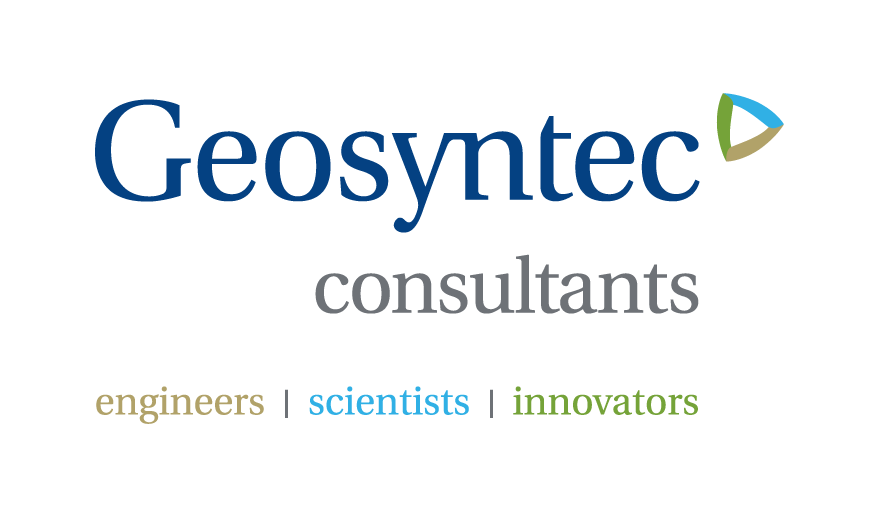
Geosyntec: A proud supporter of the CleanTech Alliance since 2023, Geosyntec Consultants is a global consulting and engineering firm that works with private and public sector clients to address new ventures and complex problems involving our environment, natural resources, and civil infrastructure. Learn more at geosyntec.com.

Novara Energy Alliance is a new partnership network with a mission to amplify the region’s energy expertise and innovation. This session reviews the evolution of this new innovation alliance, from the history of public-private-academic partnership work in Spokane’s university district, to recent federal and state grant-funded work on grid resilience to future plans that hope to enhance collaboration and promote the Inland Northwest’s energy innovation story to inspire investment and widespread support.
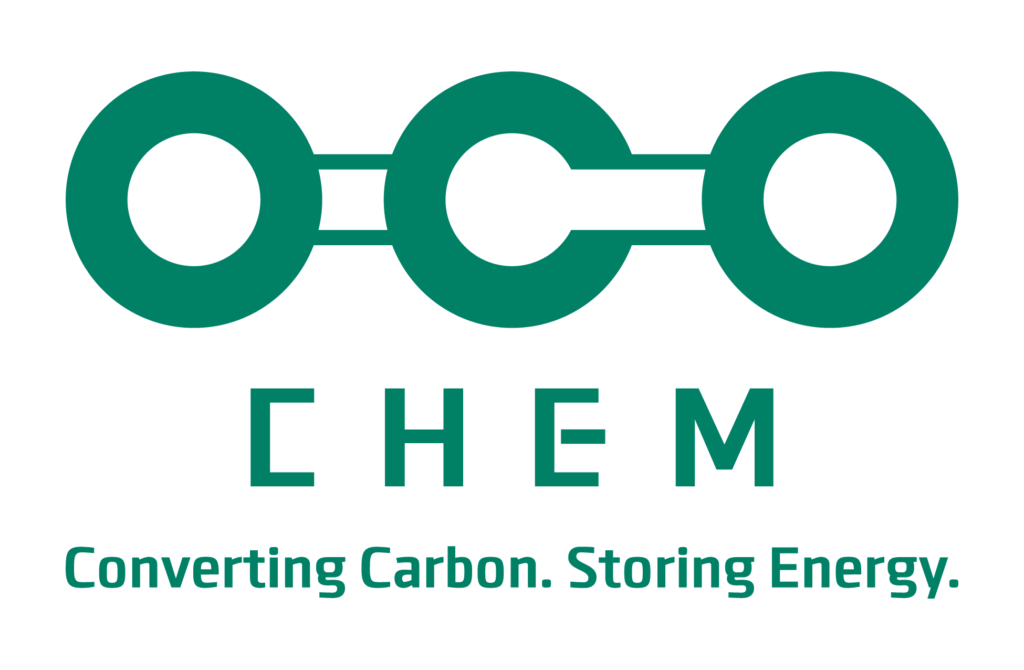
OCOchem is the global leader in CO2 Electrolysis technologies and is pioneering the regeneration of CO2 into useful organic molecules. OCOchem opened its lab in 2020 in Richland, Washington, and since that time has scaled its technology 6000x to build the world’s largest CO2 electrolyzer cell with a surface area of 1.5m2, and recently commissioned the world’s largest CO2 Electrolyzer pilot plant with a production capacity of 60 tons per year. Most recently, OCOchem announced a production partnership with the world’s largest bioproducts company, Archer Daniels Midland, to build a 10,000 ton per year facility that will convert bioCO2, water and clean electricity into formate molecules and derivatives.

PacClean: The Pacific Coast Legacy Emissions Action Network is a network of volunteers that advocates for policies that clean up past emissions in a way that benefits our communities, economies, and planet.
We represent the Pacific Coast of North America, continuously from Mexico to British Columbia, with policies that will inspire the rest of the world.

Powerize NW: More than 80 Powerize partners in Oregon and Washington work together to develop and advance secure technologies (OSIC) for the grid and utility-scale energy storage (BESS). They represent the public sector, industry, utilities, universities, startups, community groups, and philanthropic and venture capital. Together we address policy and research gaps to scale a world-class ecosystem for next-generation smart grid technologies.
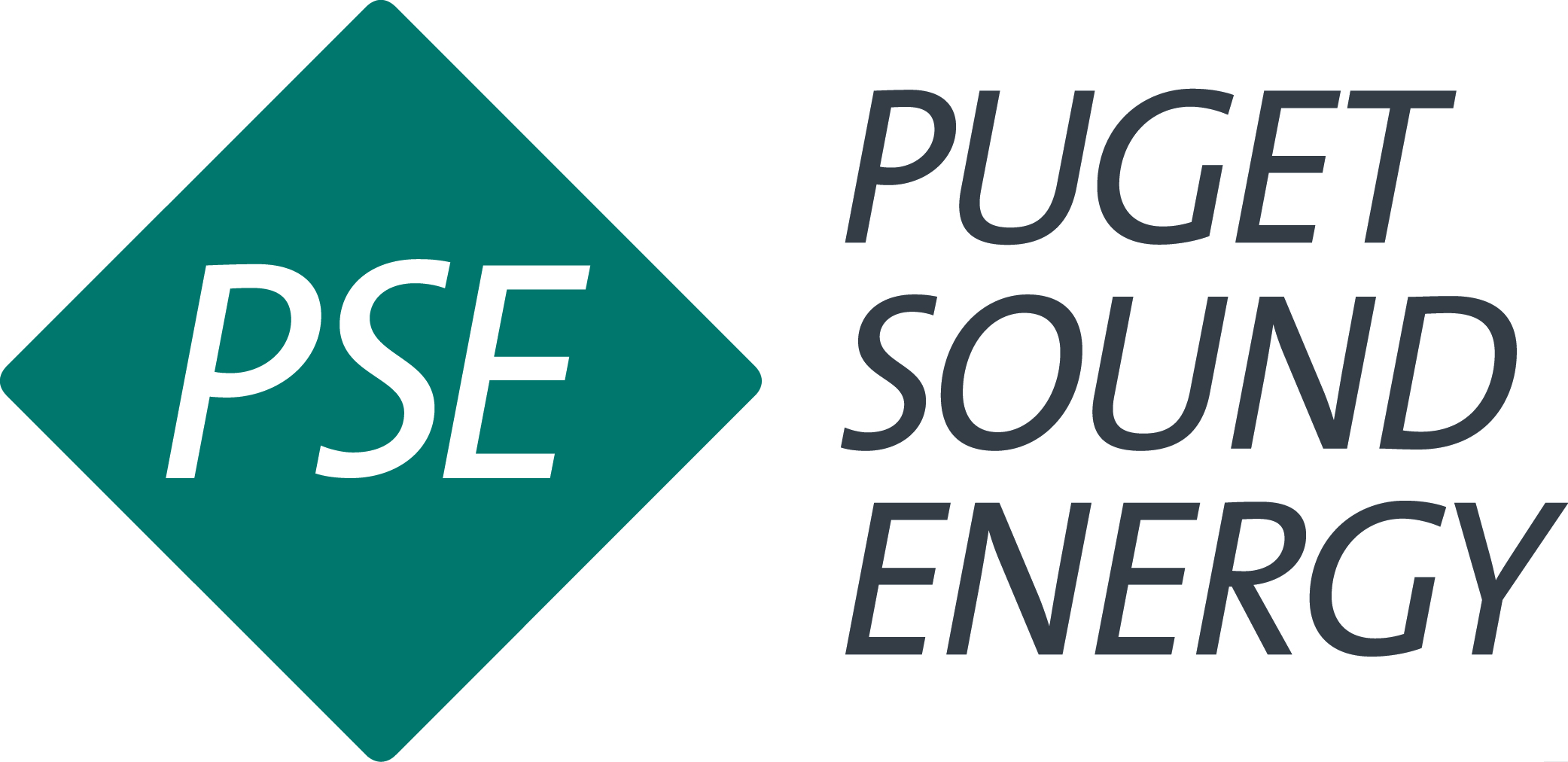
Puget Sound Energy: For more than 150 years, PSE has proudly fueled the growth of local communities in one of the most innovative regions in the world – we’ve powered generations, for generations. Now, we’re undergoing the most significant transformation in our history as we strive to meet Washington state’s clean energy laws and our customers’ growing energy needs. We’re leading the charge to build a smarter, stronger energy system that will serve our customers with safe and reliable energy for generations to come.

UMC Inc. helps clients solve the complex challenges of built environments and their systems. Originating over 100 years ago to serve the Pacific Northwest as a mechanical contractor, the firm has added a vast range of comprehensive, integrated services in clean technology, energy and environment, facility performance and maintenance, building automation and manufacturing. We help clients and partners plan, build and manage their buildings, facilities and construction projects. As these programs present inherent technical and logistical complexity, UMC rises to the challenge of removing worry, delay, angst and confusion, so our clients and partners can get back to focusing on what they do best.

Washington State University Tri-Cities Institute for Northwest Energy Futures (INEF) is entrusted to meet the global challenge of developing a reliable and resilient energy future. INEF is using an integrated systems approach to optimize the interrelationship between emerging clean technology solutions, existing resources, and the economic, social, and policy ramifications of these solutions. By fostering collaboration, innovation, and policy development, we aim to accelerate the adoption of reliable and affordable electricity and transportation fuels.

Washington Geological Survey: Established in 1890, the Washington Geological Survey is a division of the Department of Natural Resources. Our vision is to foster a safer, more productive and resilient society that incorporates geology into its regular thought and decision-making processes. Our mission is to collect, develop, use, distribute, and preserve geologic information to promote the safety, health, and welfare of the people of Washington, protect the environment, and support its economy.

The Washington Pulp & Paper Foundation (WPPF) is a dynamic organization of member companies committed to supporting the Bioresource Science and Engineering (BSE) program at the University of Washington since 1968. For over 50 years, our goal has been to attract and support exceptional BSE students as an investment in the future. We provide the industry and its partners with highly qualified graduates who understand and are dedicated to the pulp and paper industry. WPPF is a 501(c)3 nonprofit organization.

ZILA BioWorks has developed a bio-epoxy resin to reduce the carbon footprint and enable recyclability of industrial composites, coatings, and adhesives. To date no other technology has come close to achieving ZILA’s high bio content and decarbonation potential without loss of performance. ZILA is at pilot stage with customers in the outdoor industry, and lab validation for floor coatings and wind turbine blades. After recently completing their first pilot using industrial reactors with excellent results, ZILA’s raising funds to scale production by 10x to fulfill commercial pilots with first customers.